EEA final data shows average car CO2 emissions in Europe kept increasing in 2019
Green Car Congress
JUNE 2, 2021
Average emissions from new passenger cars in Europe increased for the third consecutive year in 2019, reaching 122.3?grams Most new SUVs registered were gasoline vehicles, with average emissions of 134 g CO 2 /km, which is around 13 g CO 2 /km higher than other new gasoline cars. Electric vehicles constituted 3.5%

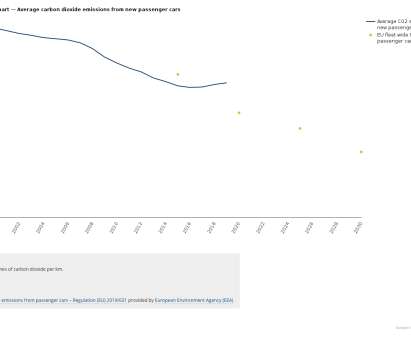
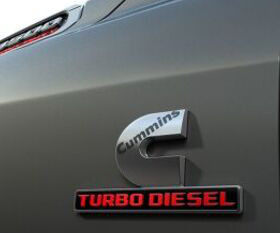







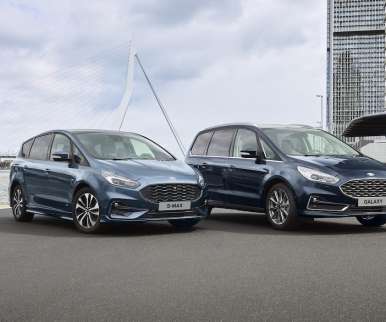

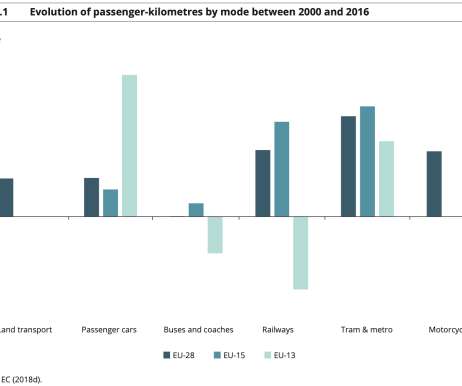

















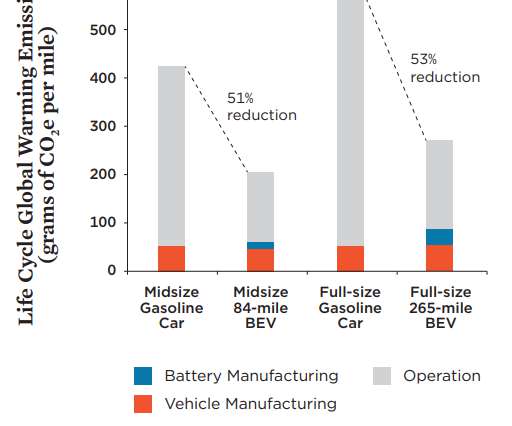










Let's personalize your content